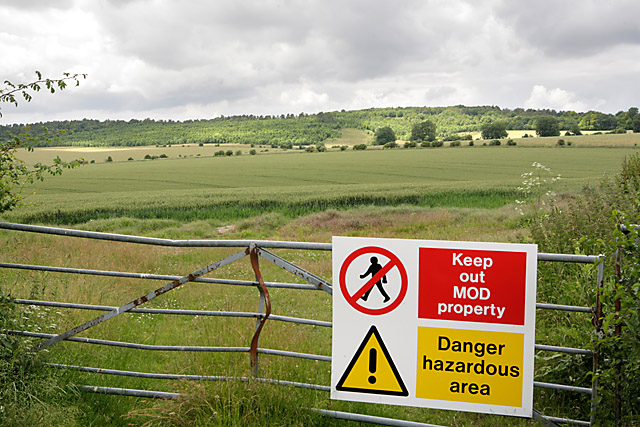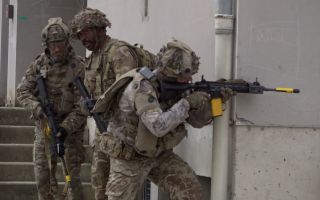
Number Of Monkeys Used In MoD Experiments More Than Doubles

Porton Down’s use of monkeys in experiments has more than doubled over a year from 2015-2016, a Freedom of Information request has revealed.
Scientists at the Government’s warfare laboratory in Wiltshire killed 116 monkeys in experiments in 2016, compared to 45 in 2015.
Due to the similarities between monkeys and humans, experts maintain that the animals are critical in testing and eradicating diseases like tuberculosis and Ebola.
Marmoset monkeys are the species picked for these types of tests which animal rights activists PETA describe as, “intelligent, social and cooperative animals”.
On their website PETA has previously condemned Porton Down’s activities:
“Studies of naturally occurring diseases in humans, sophisticated tests using human cells and tissues, and advanced computer-modelling techniques are less costly, more effective and far more humane.
"There's no excuse for continuing to make animals suffer in cruel and archaic experiments”.

The Defence Science and Technology Laboratory (DTSL) says in the Freedom of Information request response that they implement the idea of reducing the number of animals used, refining procedures and replacing animal tests with non-animal tests.
Even though the number of monkeys killed has increased, the overall number of animals used in testing has dropped.
In 2015 3,237 animals were killed whereas 2,745 in 2016. This is due to a significant decline in the use of mice.
DTSL release annual data breaking down which animals are involved in their practice, and for what purpose.
In the report for 2016, they declare experimenting on animals such as pigs, sheep, horses, dogs, guinea pigs and cats.
The MoD said:
“While we are working to reduce the requirement for animal experimentation, some of this life-saving research cannot be conducted without using animals.”
Examples of the organisation's developments for the UK and its Armed Forces include nerve agent pre-treatment set (NAPS) tablets, which protect against exposure to nerve agents like Sarin.
DSTL has also worked on antibiotics which are a pre-treatment and treatment in case of contact with plague and anthrax.









